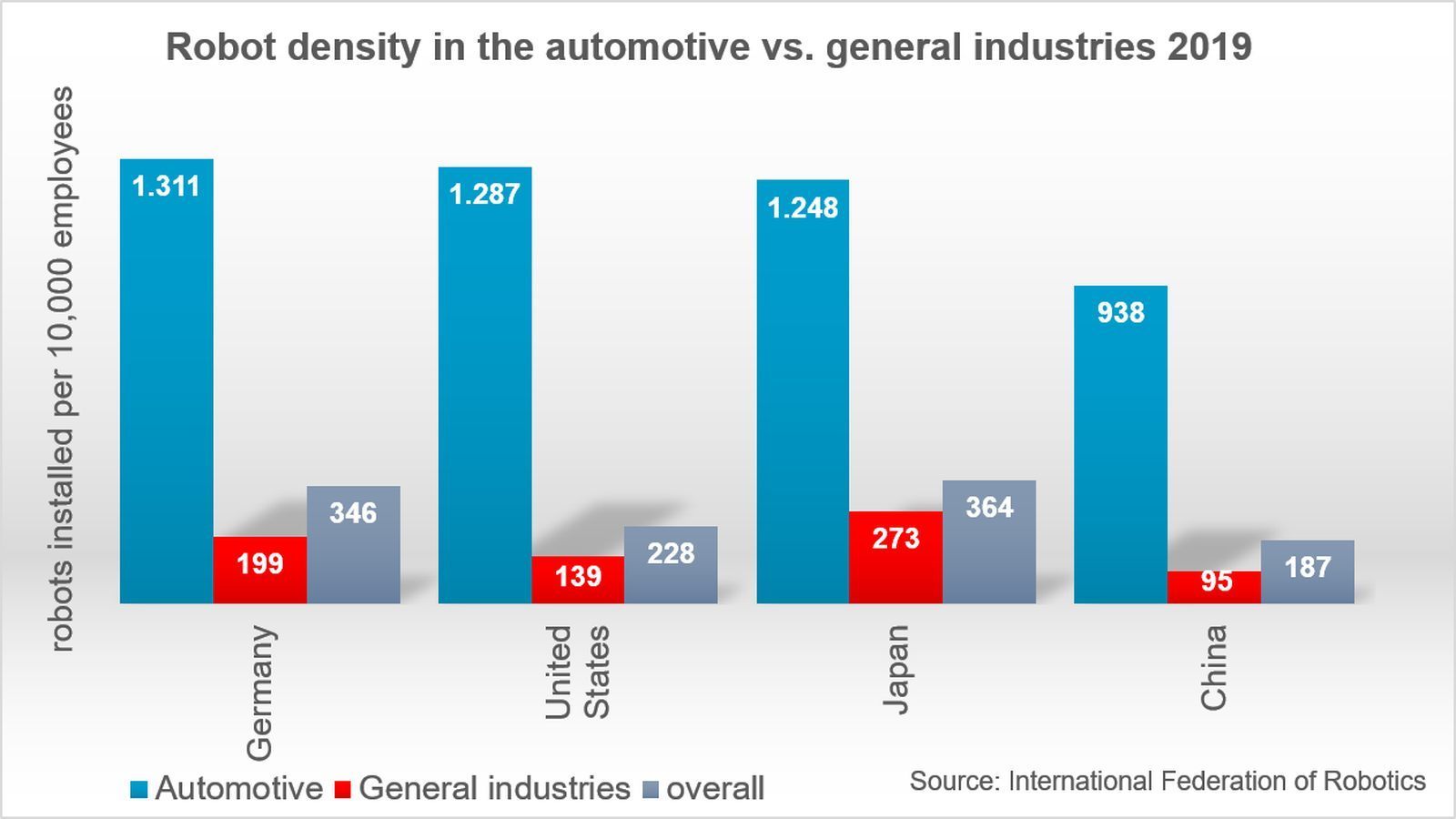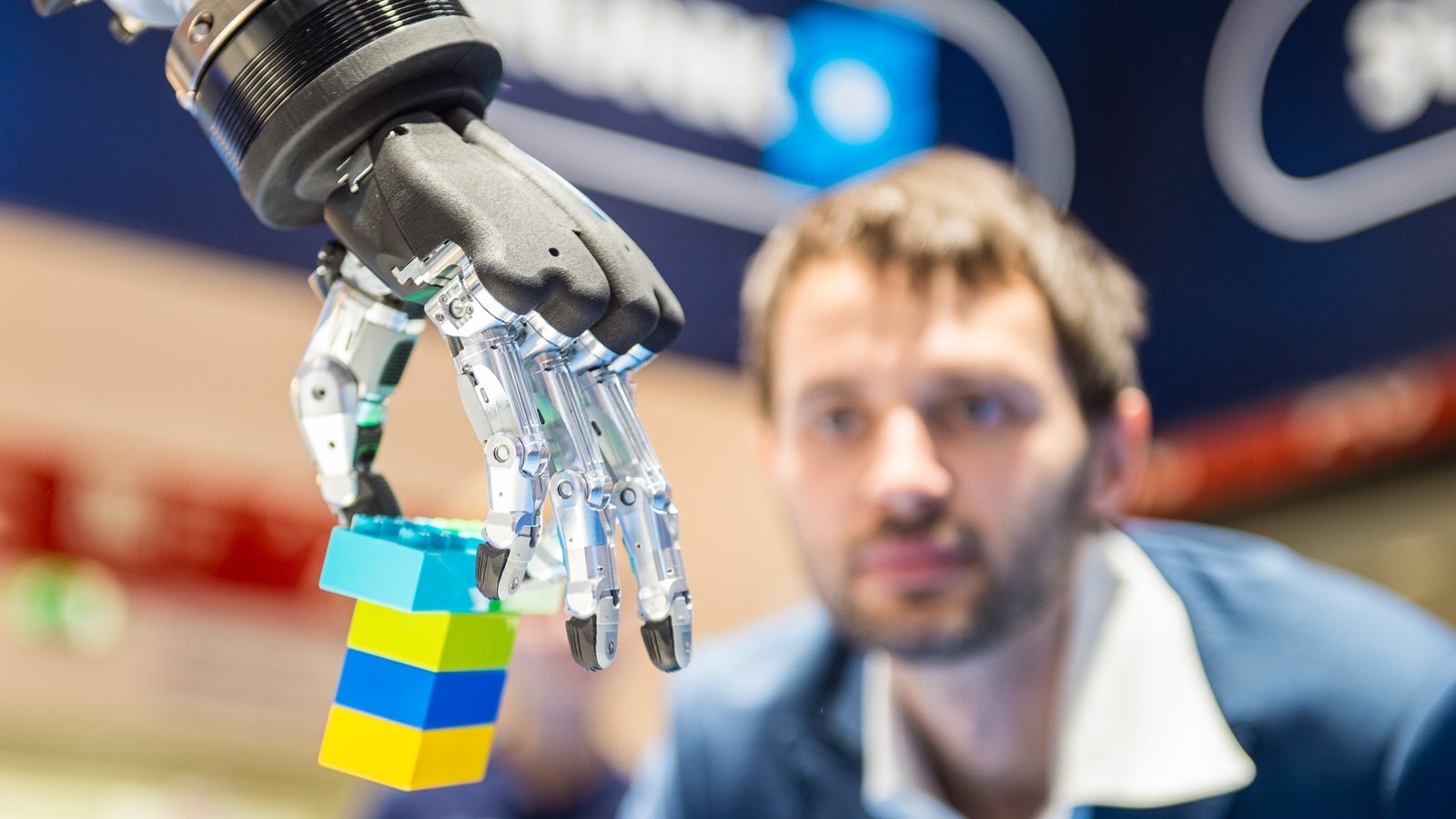
These are exciting times in robotics. Robot adoption has grown at a rapid pace over the past three years and we expect this to continue. The IFR forecasts 15% average annual growth in industrial robots and up to 25% growth in professional service robots by 2020.

Dear readers,
We see a number of trends that will fuel a broader adoption of robots across new geographies, industries and applications. For example, collaborative robots that can work alongside humans will start to make their mark in a wide range of industries such as manufacturing and logistics. The application of collaborative and service robots in healthcare holds great promise for enabling advanced economies to provide quality care to rapidly growing ageing populations, supporting healthcare workers in tedious, back-breaking tasks and enabling them to focus on patient care.
Many of the recent developments in robotics are driven by advances in artificial intelligence (AI). For example, AI enables robots to sense and respond to their environment. This increases the range of functions they can perform, from navigating their way around warehouse floors, to sorting and handling objects that are uneven, fragile or jumbled together. Picking up a strawberry is an easy task for humans, but a remarkably difficult one for a robot. Most collaborative robots today work in sequence with humans, each performing separate tasks. Developments in AI mean we can expect robots to perform increasingly effectively as human assistants, not only understanding and answering questions as they do today, but also acting on voice commands and gestures, and even anticipating a worker’s next move in order to remove an obstacle from her path.
In all of these applications, human safety is paramount, which means many of these AI innovations will take longer to bring to market than AI software applications which can be tested and adapted in a ‘live’ setting. Meanwhile, governments, educational institutes and companies must work to ensure that today’s and tomorrow’s workers are equipped with the knowledge and skills to benefit from advances in AI and robotics.
Our new positioning paper, ‘Robots and the Workplace of the Future’ gives more detail on how robots and automation are changing the nature of work in manufacturing, logistics and healthcare.
Best wishes,

Junji Tsuda





